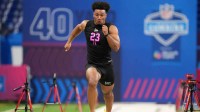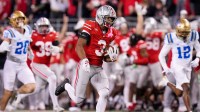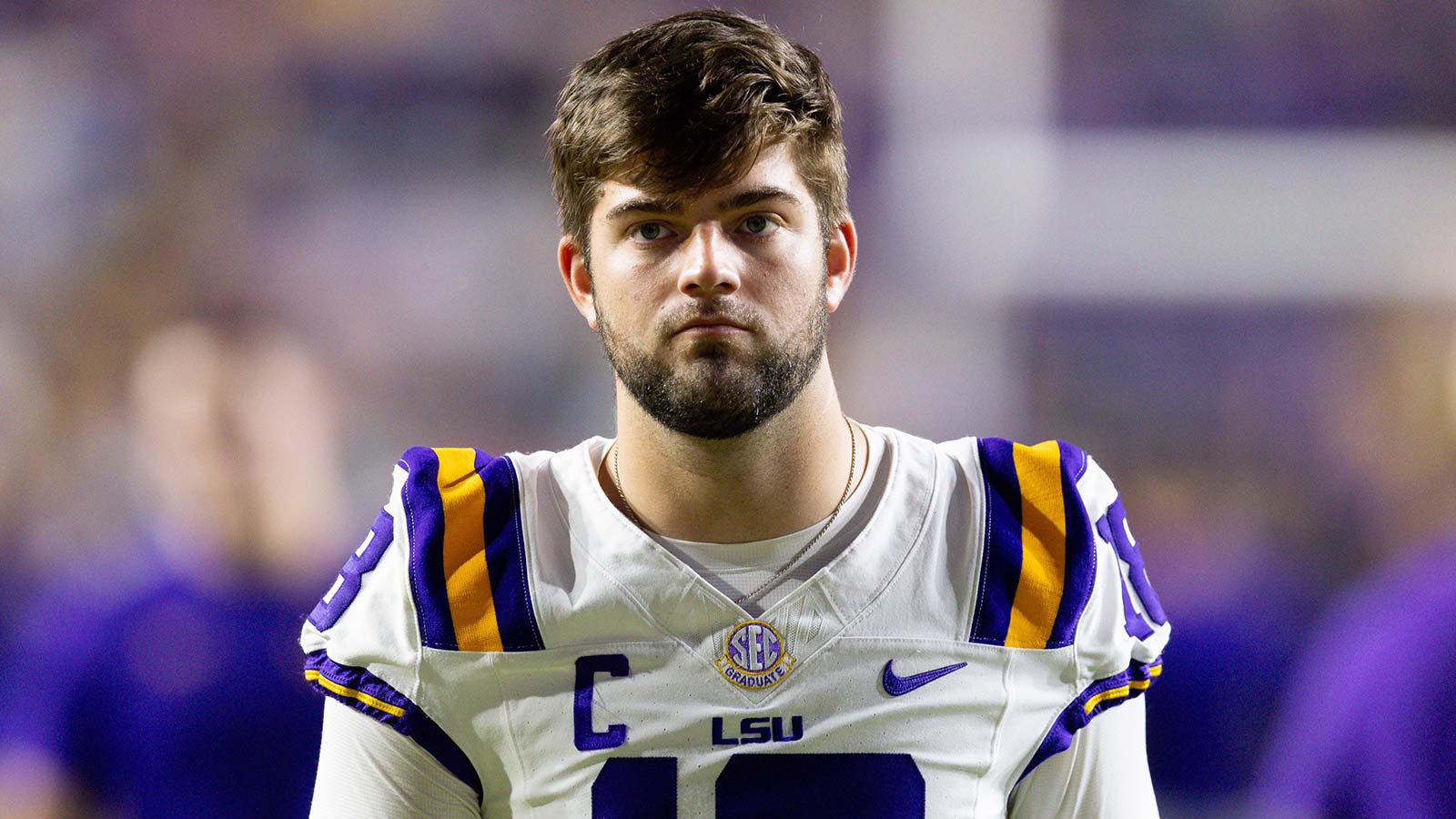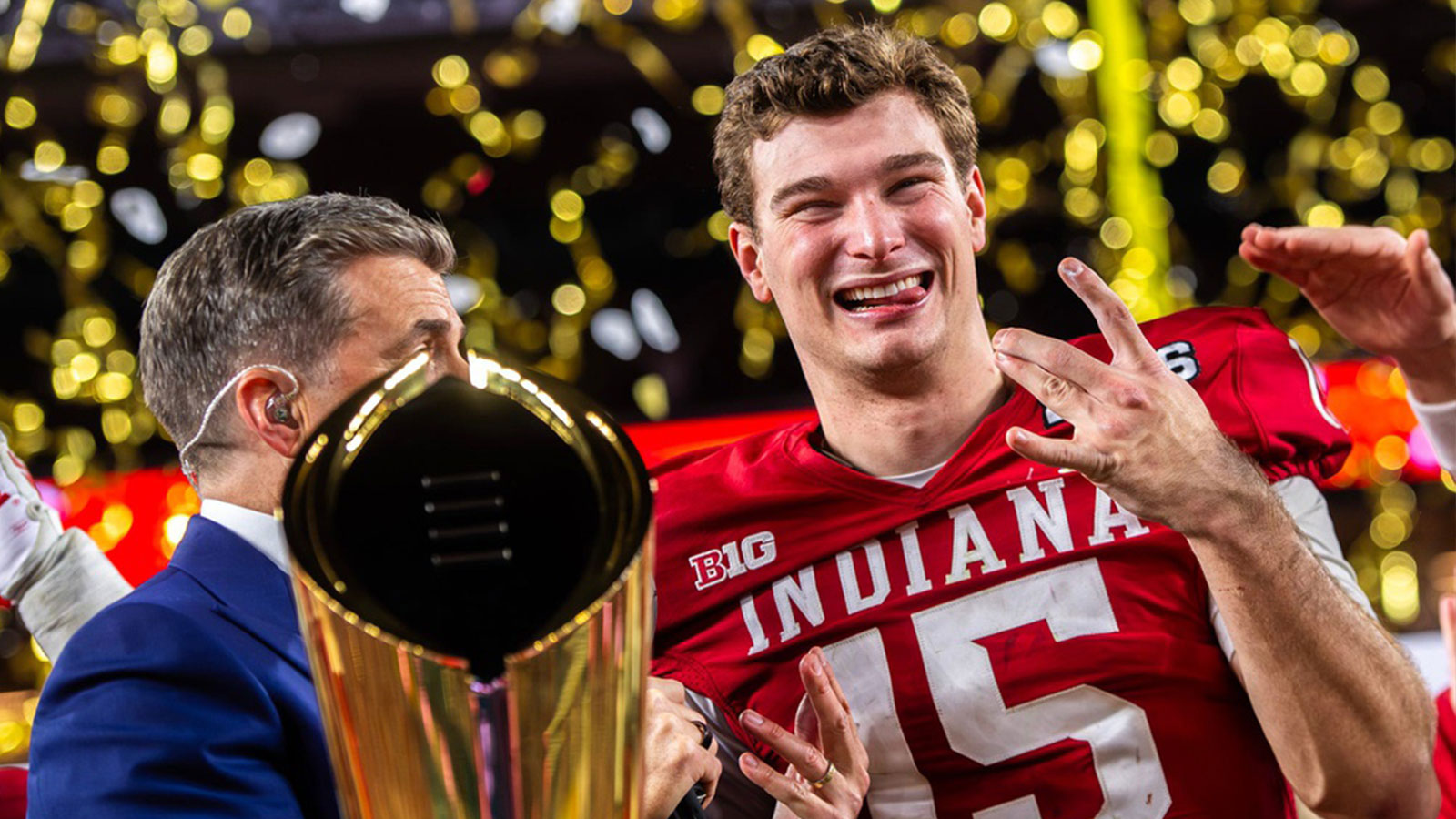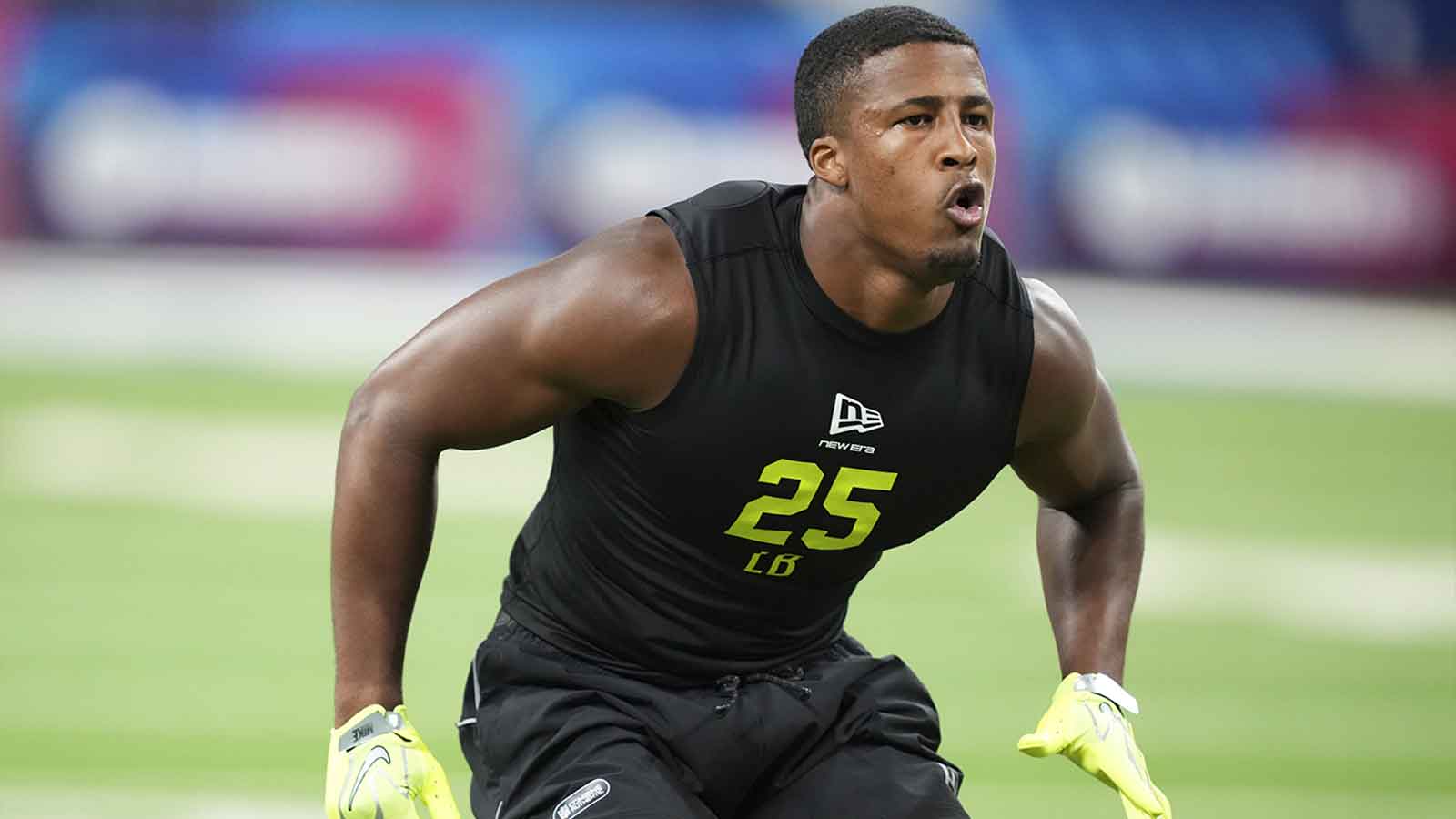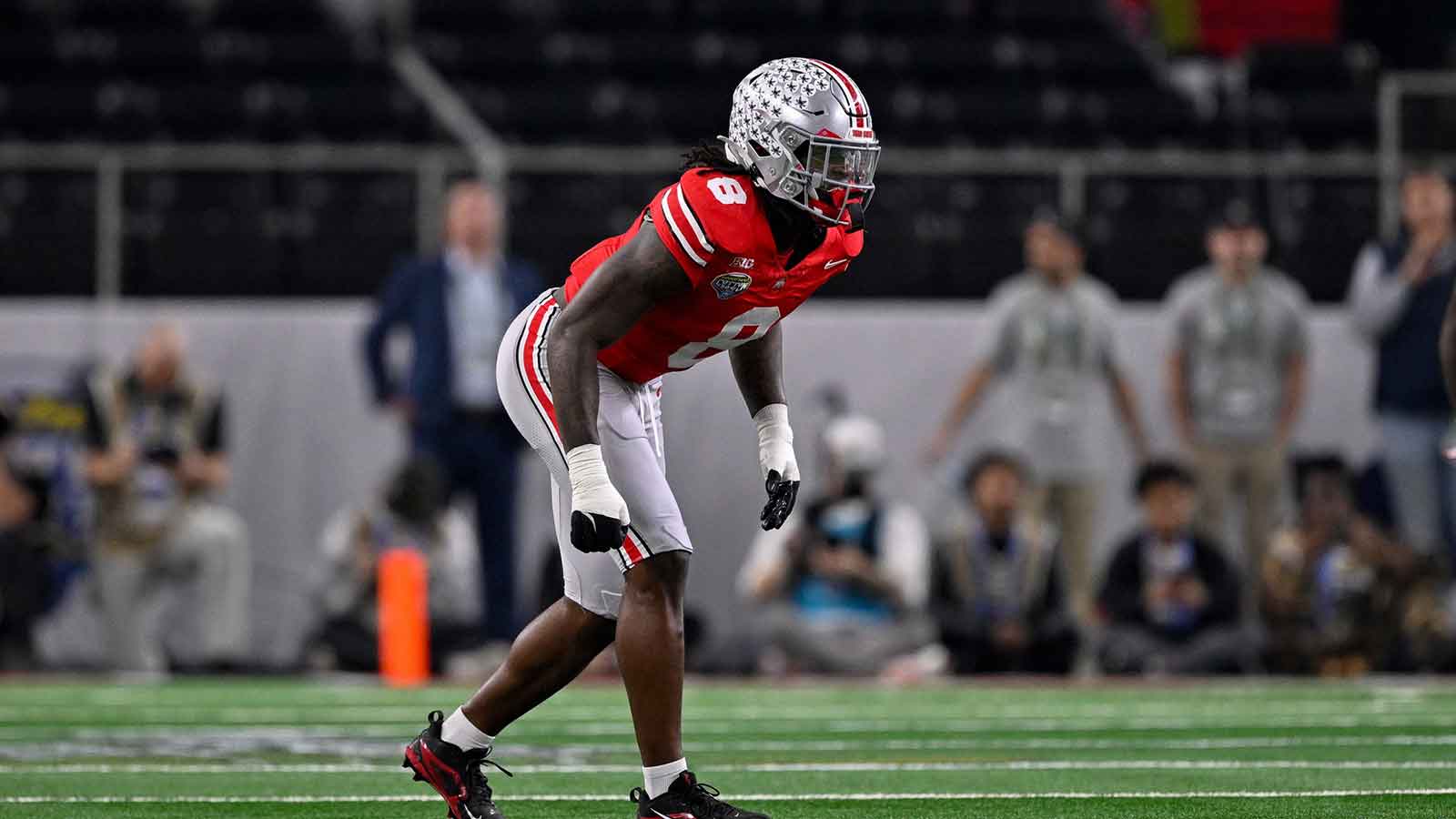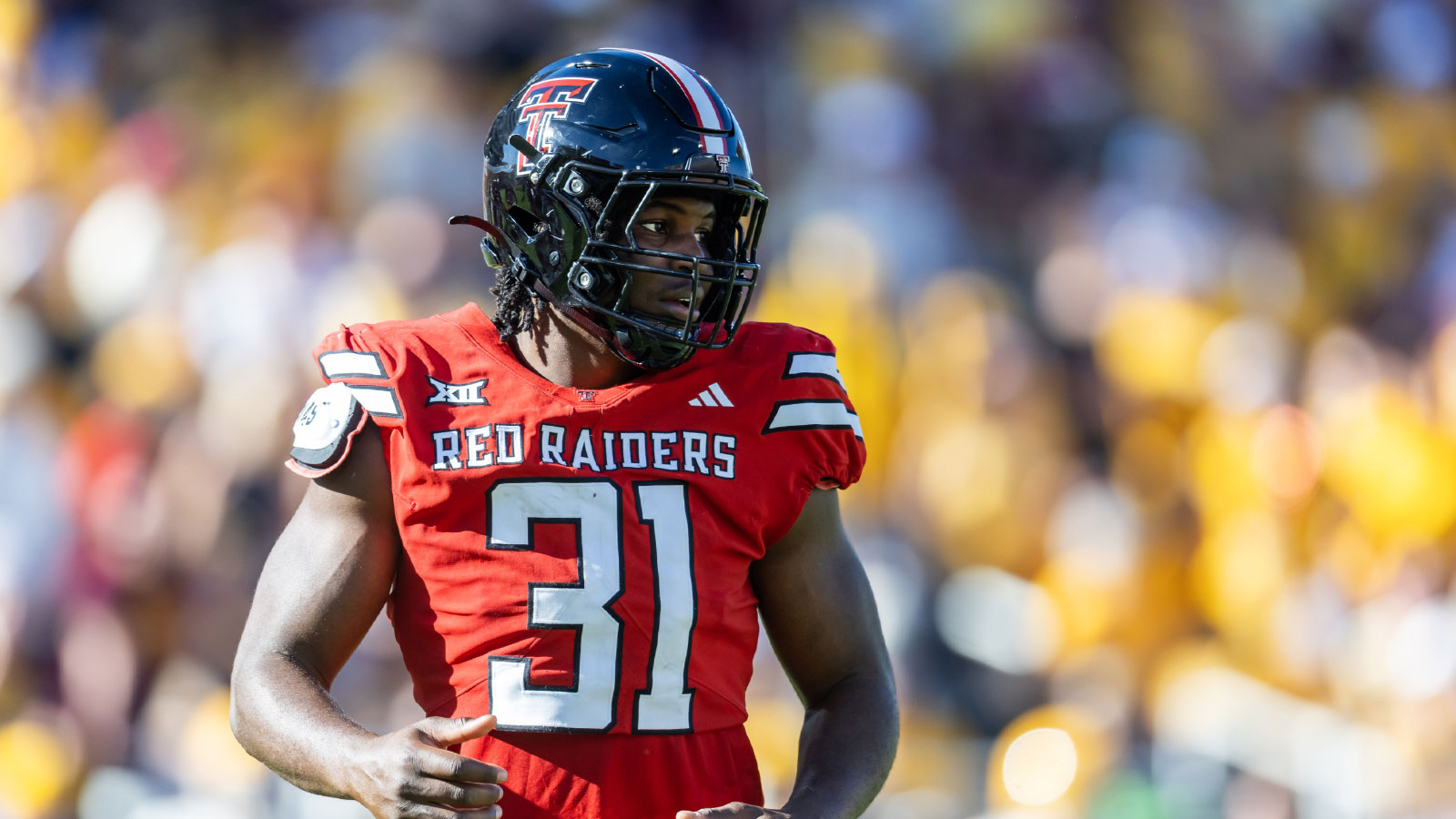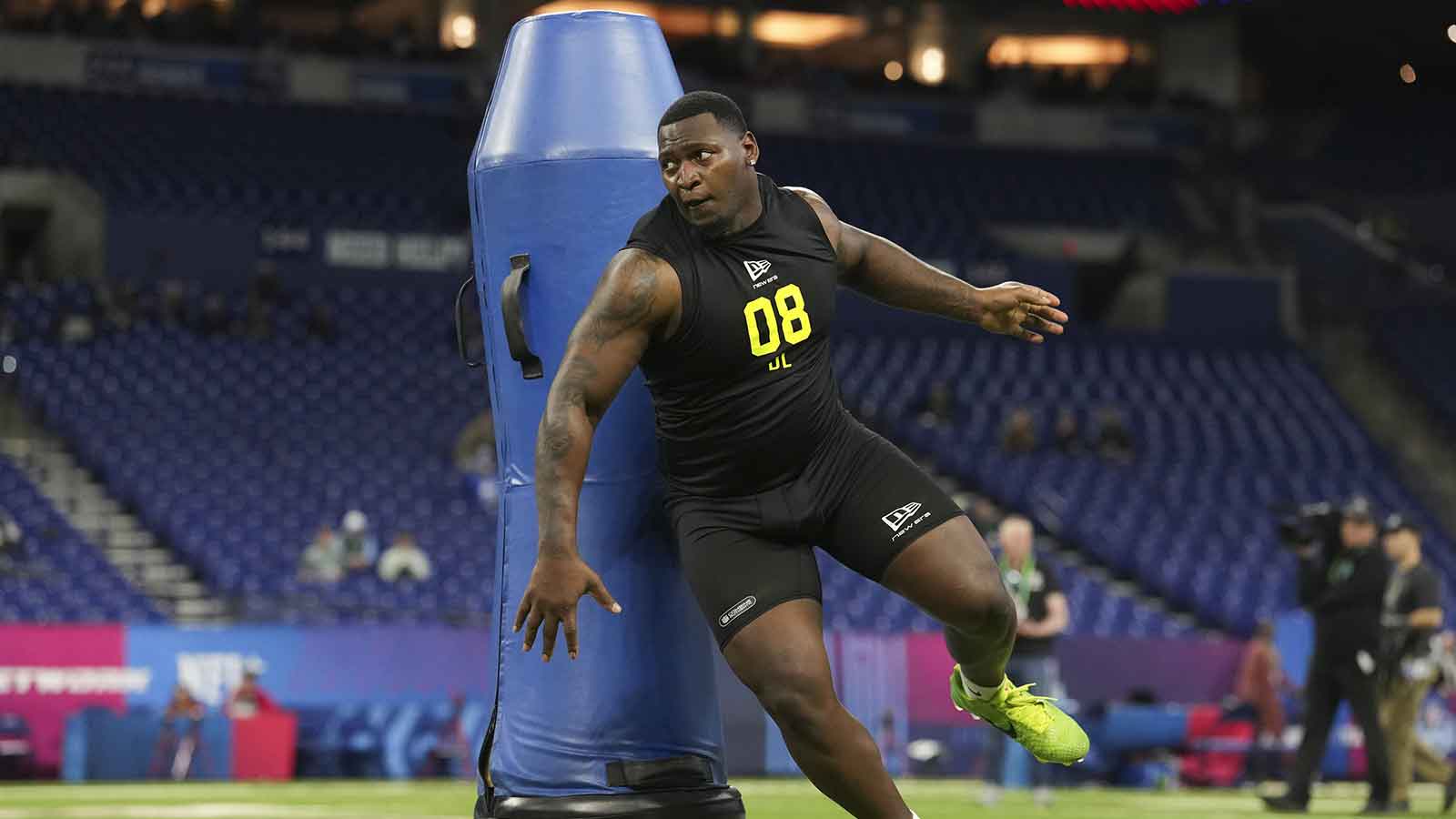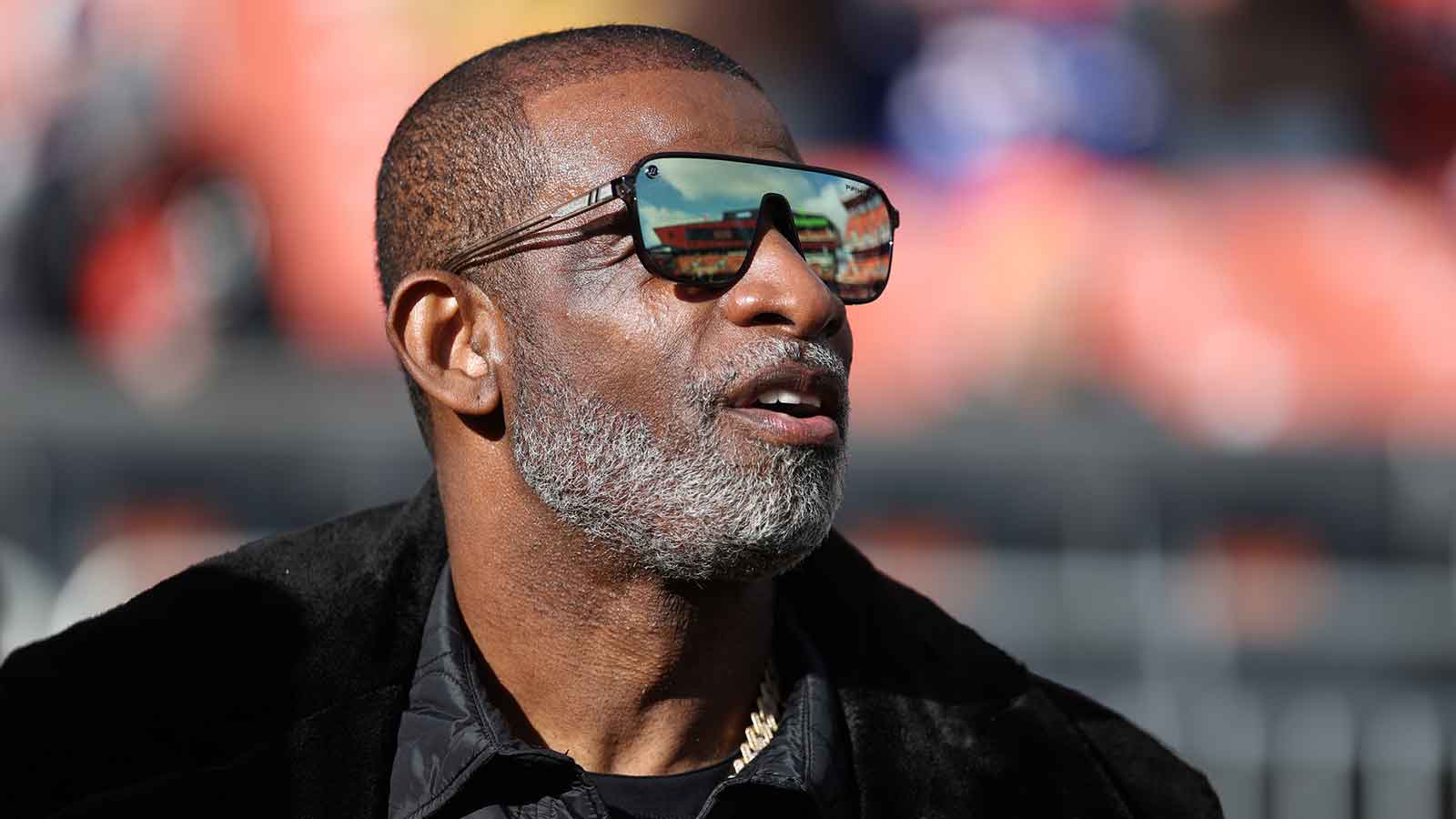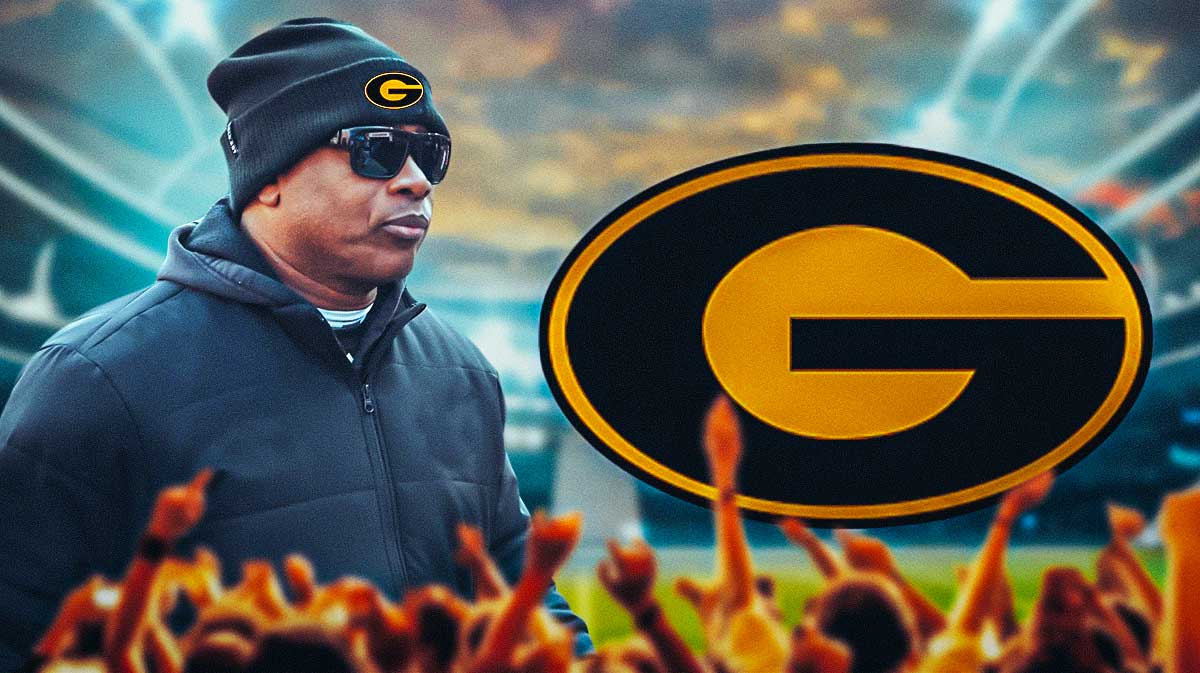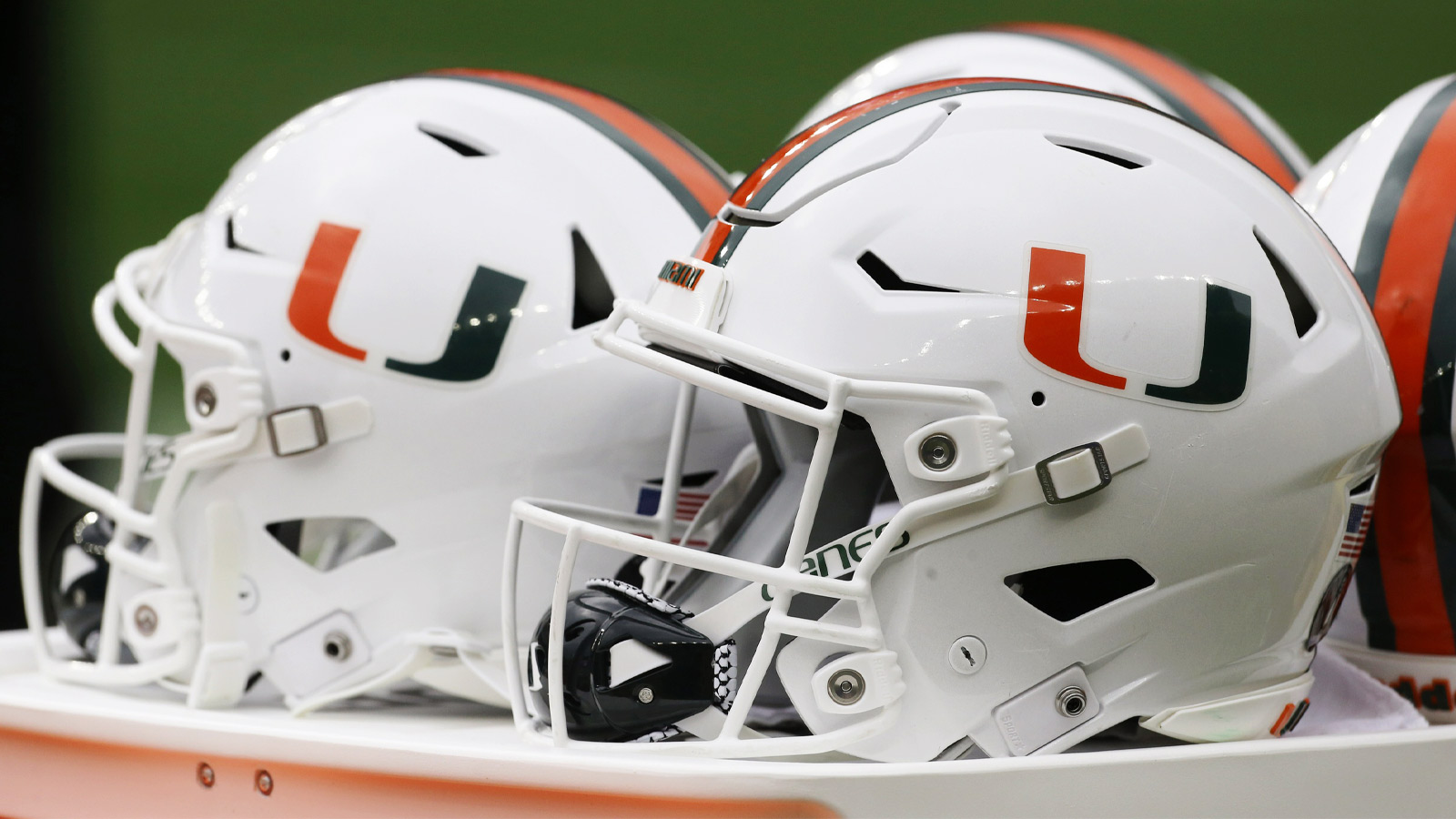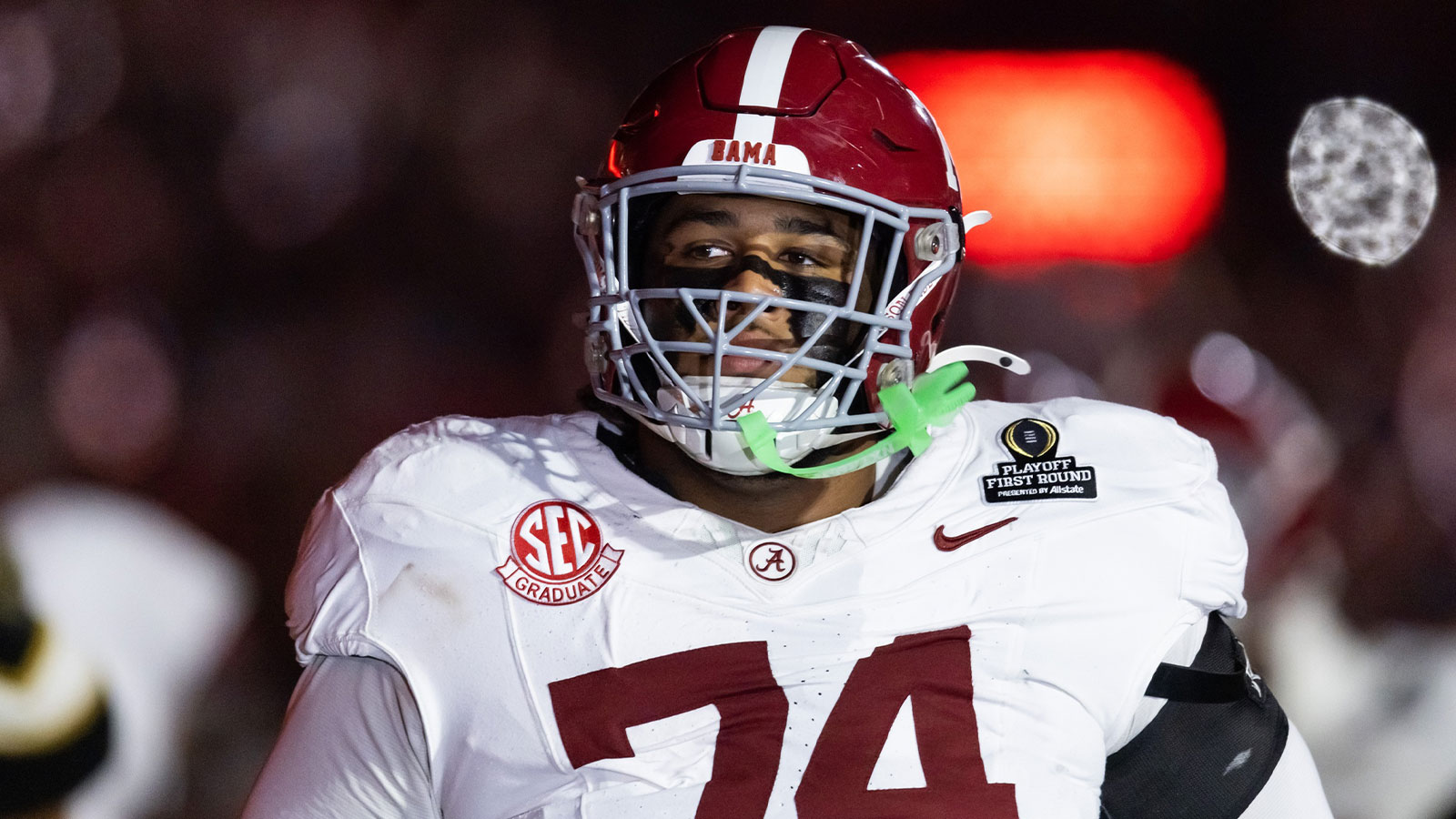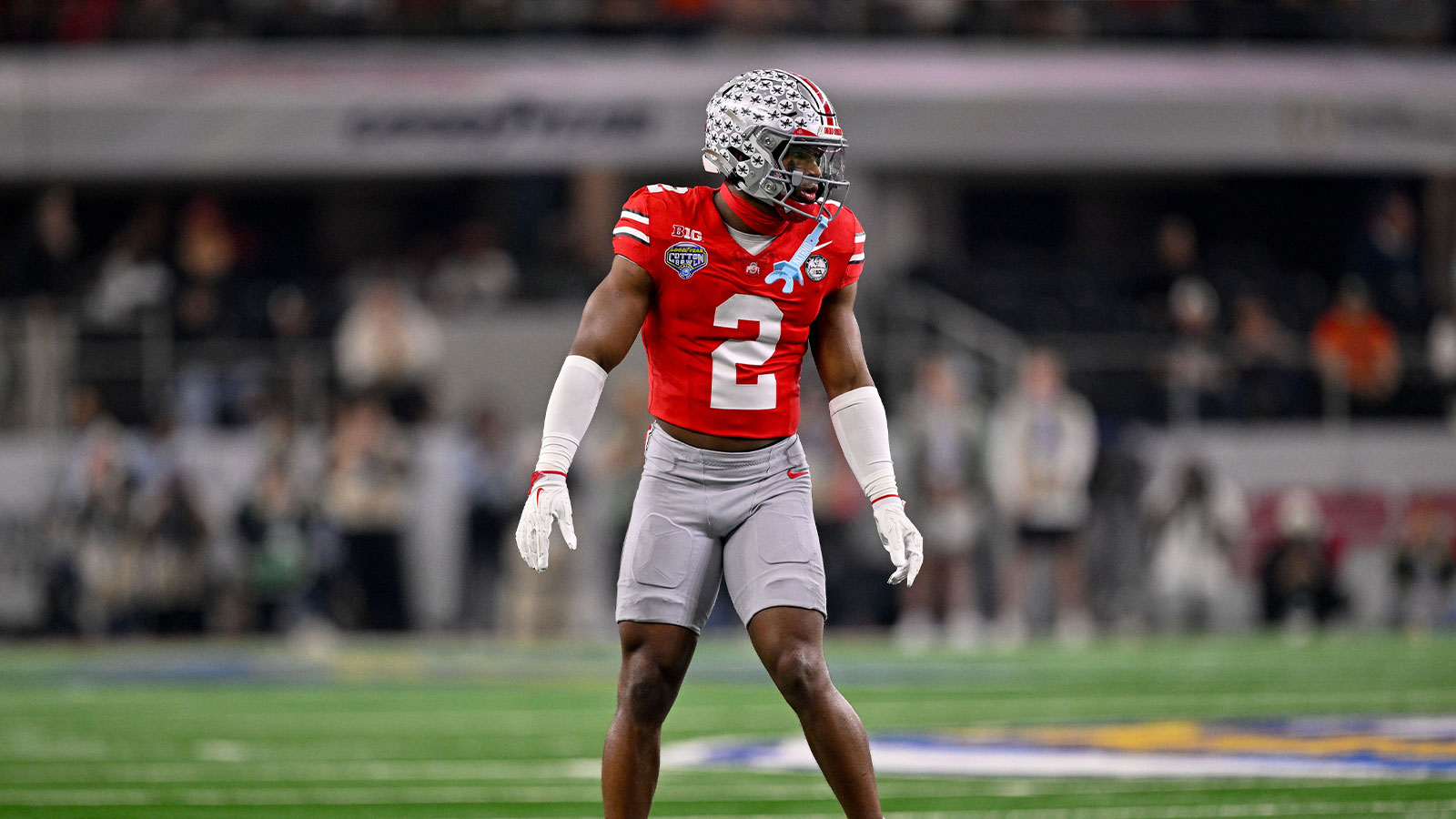Nebraska made the Penn State football team buzz look overcooked. For weeks, Matt Rhule was framed as a perfect marriage for the Nittany Lions because of his PSU roots and rebuild pedigree, yet Rhule doubled down in Lincoln with a new deal through 2032 that carries a 15 million buyout this year and effectively removes him from this cycle.
“I have said for weeks that I didn't think Matt Rhule would end up at Penn State. Would have been a complex, high-pressure situation to walk into at his alma mater, and if he didn't win a national title within a few years, then what?” wrote Nicole Auerbach on X, reflecting NBC Sports’ stance that the fit was never simple under the current expectations and timeline.
Her read tracks with the leverage and risk calculus on both sides. Rhule gains security and program runway, Penn State avoids bidding into a massive buyout for a coach who repeatedly insisted he was building something at Nebraska.
The extension settles recruiting and portal messaging for the Huskers, it tells commits and roster leaders that the plan is stable, and it gives athletic director Troy Dannen clarity as December approaches. It also reframes the conversation in State College. And beyond that, it leaves the Penn State football team even more in the dark.
Connections to athletic director Pat Kraft and the ex-staffer sentiment about culture are not the deciding factors anymore; the combination of contract terms, Nebraska’s momentum, and the pressure profile of the PSU job changed the equation. When the ask is national title or bust, a coach with traction in Year 2 is unlikely to walk into that clock unless the upside is overwhelming.
Context matters in the field as well. Rhule’s edge often shows up in process details, from public accountability after uneven Saturdays to pointed comments about communication and operations when he believes the standard slipped. That posture plays well with a roster looking for a clear identity and incremental growth in a rugged Big Ten schedule.
Rhule’s recent low point illustrates the same through line. After a 24 to 6 loss to Minnesota, he blamed himself, saying his team was not prepared to match the Gophers’ physicality, that the trenches went the wrong way too often, and that practice habits and toughness have to start with him and his staff, per local reporting. The message was simple: own the failure, fix the details, and move on quickly before the schedule tightens further.



